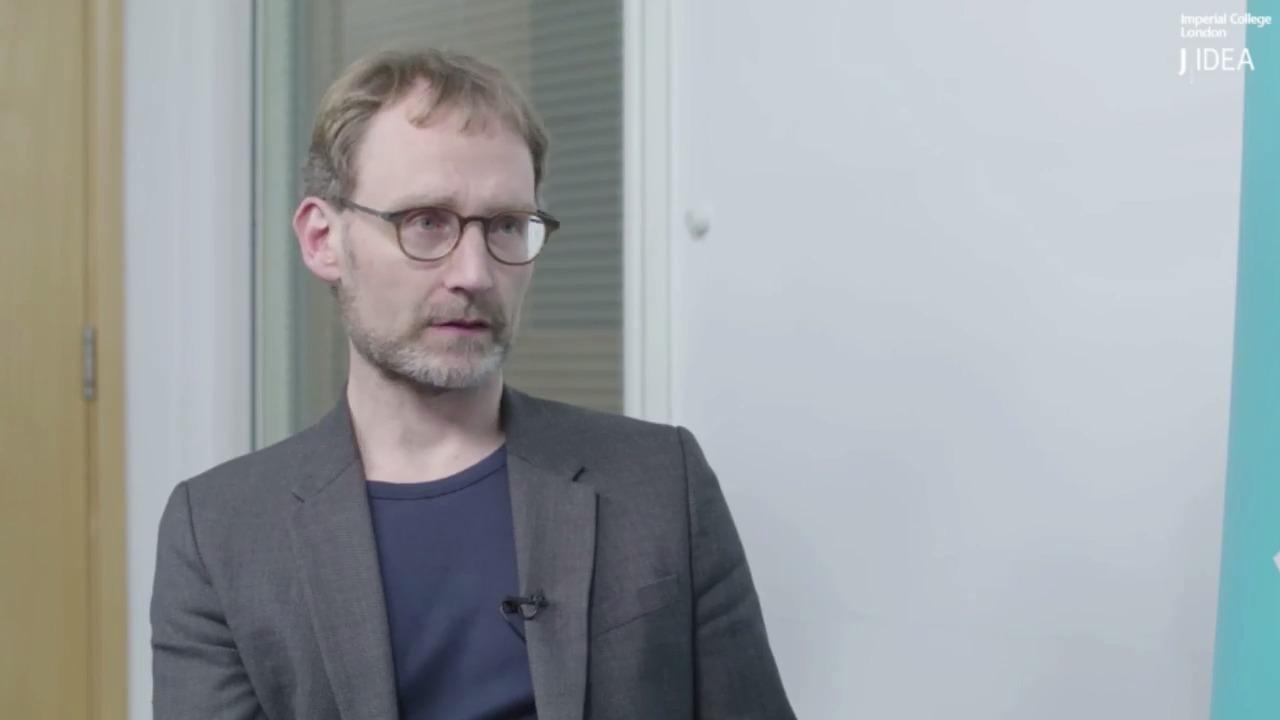Resigning in disgrace has come to take on a very different meaning than it did in the days when John Profumo withdrew from public life and dedicated himself to Toynbee Hall, a charitable institution in east London. Now, it seems to mean a few weeks in the sinbin before you are allowed to creep back to doing pretty much what you were doing before. It is only five weeks since Professor Neil Ferguson of Imperial College was forced to resign from the government’s SAGE committee after it was revealed that he had twice broken lockdown by entertaining his married lover at his London home. Yet twice in the past fortnight he has been back to give evidence before Parliamentary committees, last week with the House of Lords and today with the Commons select committee on science.
And boy did he make best use of the opportunity. He told MPs:
‘The epidemic was doubling every three to four days before lockdown interventions were introduced. So had we introduced lockdown measures a week earlier, we would have reduced the final death toll by at least a half.’
To be fair to Ferguson he did then go on to admit that he had no proper scientific basis for making this claim. It was not an analysis which has been published in a scientific journal and peer-reviewed (for that matter his original paper of 16 March, which persuaded the government to change course and, a week later, go into lockdown, still hasn’t been peer-reviewed either). He went on to tell the committee:
‘Whilst I think the measures, given what we knew about this virus then, in terms of its transmission and its lethality, were warranted, I’m second guessing at this point, certainly had we introduced them earlier we would have seen many fewer deaths.’
Some might say that is first-guessing rather then second-guessing, but never mind. What I suspect Ferguson will also have been able to guess was how his comments would be reported. At the Downing Street press conference an hour and a half later, the BBC’s Laura Kuenssberg and Sky News’ Beth Rigby both laid into the Prime Minister, made out that Ferguson’s remarks were now scientific fact, and asked if he now regretted causing the deaths of 25,000 people by delaying lockdown for a week. Boris Johnson referred the question to the Chief Scientific Adviser and Chief Medical Officer who both said it was too early to be making judgements on what would have been the best course of action at the beginning of the epidemic.
Why does Ferguson – a man who has been horrendously wrong while making predictions in the past, on swine flu, avian flu, BSE and so on – have such a grip on the media? If broadcast journalists were prepared to widen their scientific reading just a little they might have come across an alternative piece of modelling, by Simon Wood at Bristol University, which concluded that the peak of infection in Britain had occurred a week before lockdown and was in steep decline on the day that we all were all told to shelter in our homes. Fraser Nelson wrote about that here last Friday.
I haven’t, I have to admit, listened to every minute of the BBC’s output on Covid-19, but, funny enough, I haven’t heard that study covered. If it is correct – and I am not saying it is; it is just one more piece of modelling in a crowded field of studies which have pointed in all kinds of directions) it would suggest that lockdown might not have been necessary at all.
Not to be outdone, Channel 4 News this evening uncovered an even more hyperbolic study from Imperial College, by Professor Steven Riley of the Faculty of Medicine, School of Public Health. This was apparently submitted to SPI-M, a sub-committee of SAGE on 9 March, and claimed that unless lockdown was imposed the NHS would be overwhelmed and there could be 1.7 million deaths – more than three times Professor Ferguson’s estimate of 500,000.
Again, Channel 4 presented the Riley paper as if it were scientific fact, and did not even subject it to a basic critical analysis: 1.7 million deaths would amount to an infection fatality rate of at least 2.6 per cent (assuming everyone in the country caught the disease) and 3.2 per cent (if 8 in every 10 people caught it). That is way higher than has been measured anywhere.
So why is Channel 4 News dragging up an old paper and not even asking basic questions about it? All through the Covid-19 crisis we have been poorly served by broadcasters, who have leapt on every hyperbolic paper or statement by Imperial College without looking more widely at the scientific evidence. That wider evidence varies massively and shows just how uncertain the forecasts have been – making it hugely difficult for the government, which must balance all kinds of interests. As the Prime Minister said at today’s briefing, it is too early – midway through the epidemic – to be able to work out what would have been the best course of action. This is going to take a lot more than a few words from Neil Ferguson.
This article is free to read
To unlock more articles, subscribe to get 3 months of unlimited access for just $5








Comments
Join the debate for just £1 a month
Be part of the conversation with other Spectator readers by getting your first three months for £3.
UNLOCK ACCESS Just £1 a monthAlready a subscriber? Log in